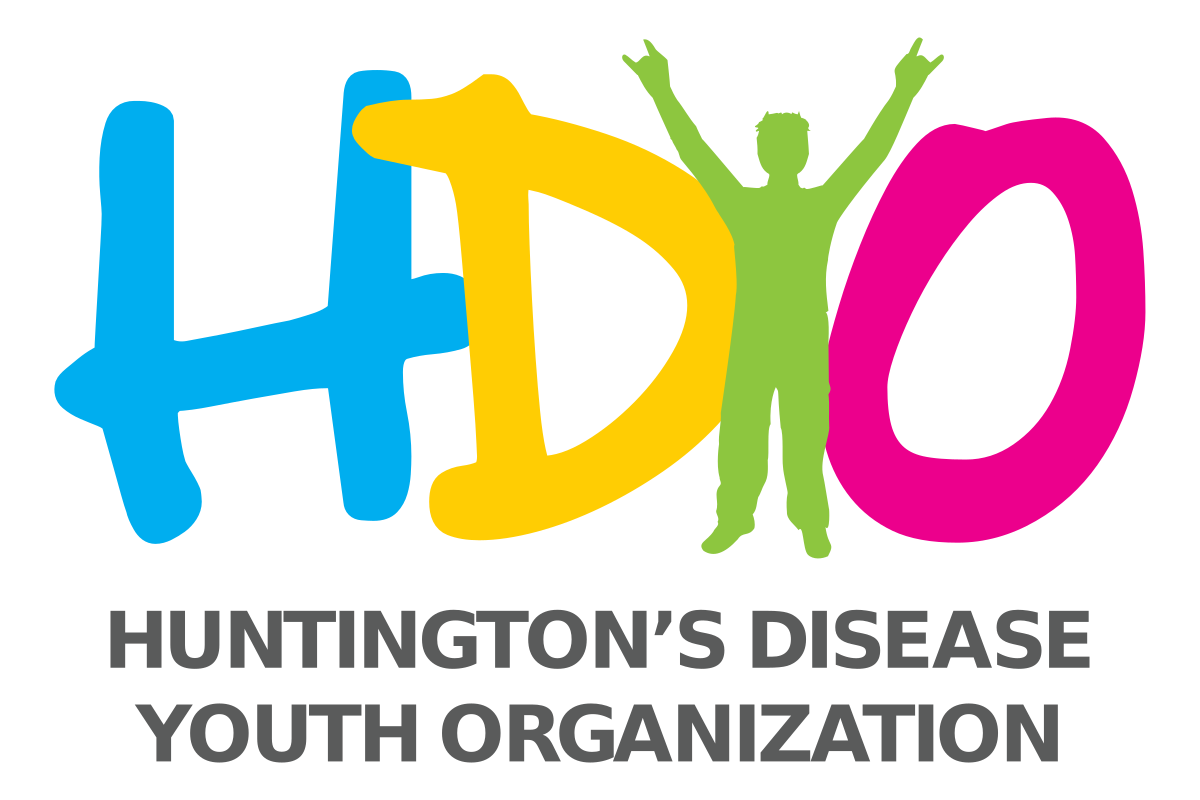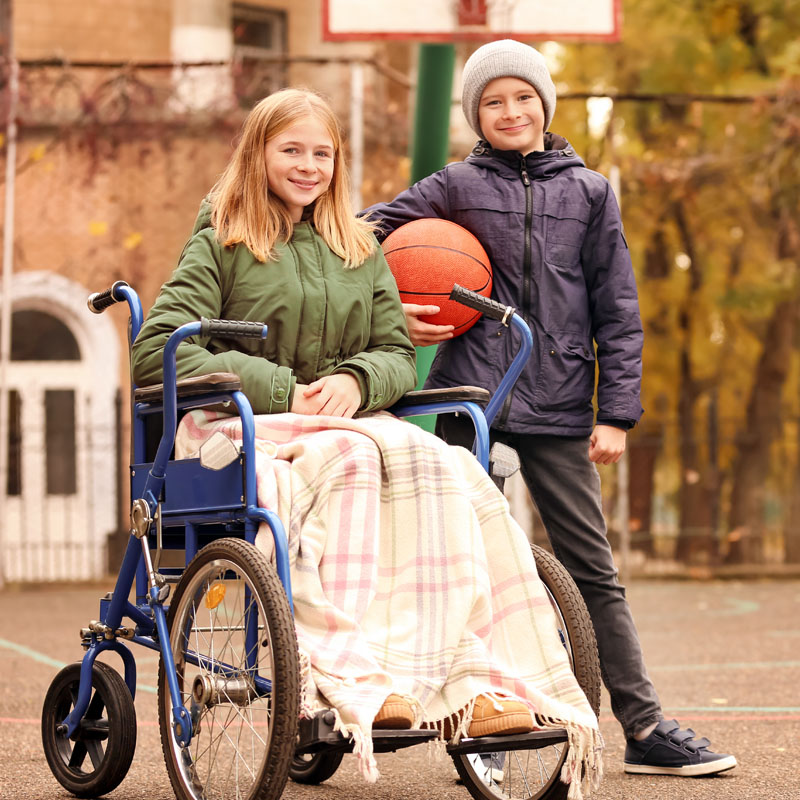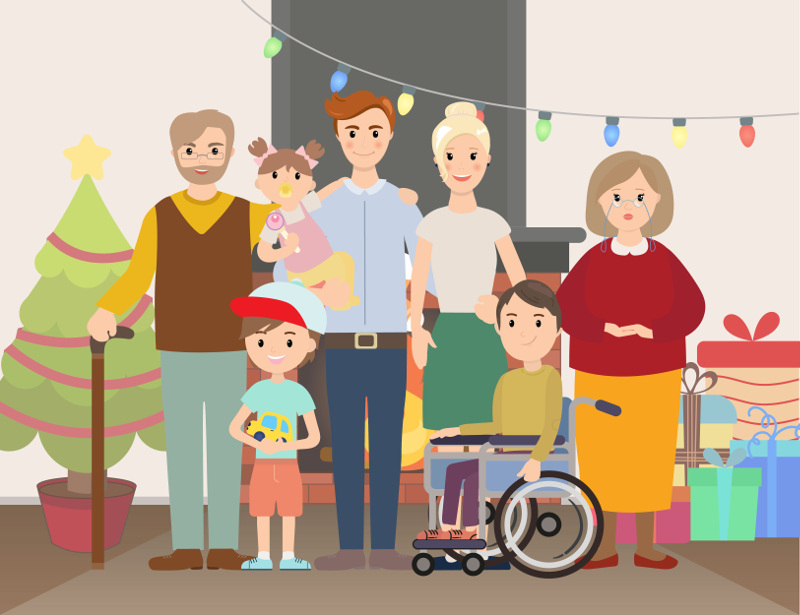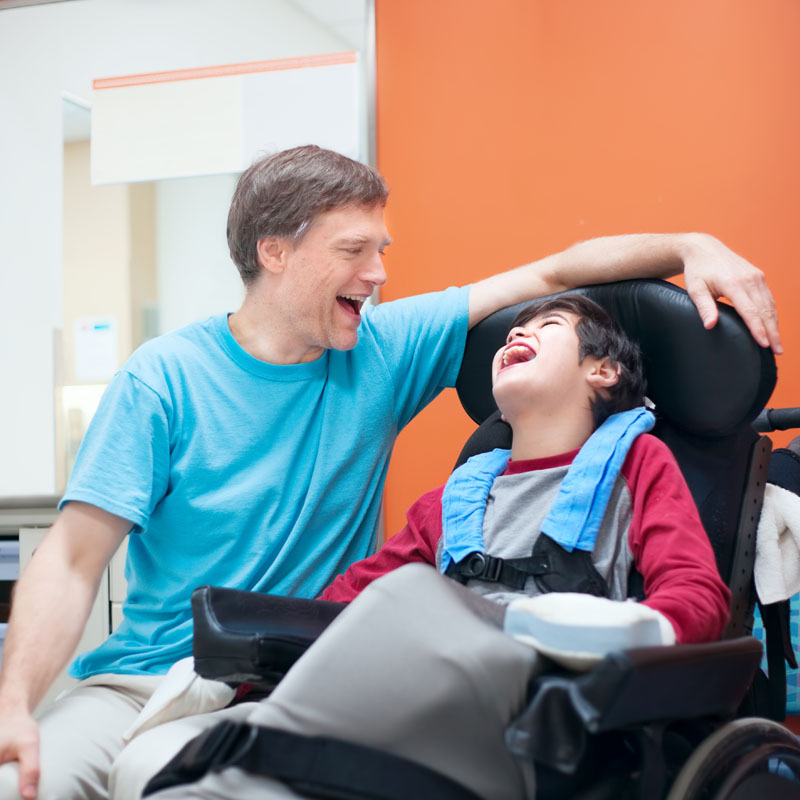The Invisible Siblings
November 23, 2021

HDYO has more information about HD available for young people, parents and professionals on our site:
www.hdyo.org
This article is very much inspired by a blog I read recently from a mother with a child who has special needs and another child which does not. She wrote very honestly and emotionally about the fact she struggles to spend time with her other child and as a result that child becomes the ‘invisible sibling’. The blog was sent to me by a mother in a family with JHD, she thought it was very relevant to her situation and the situation that many JHD families find themselves in. So, here we will explore the issue of ‘invisible siblings’ within JHD families.
What’s happening to make children in families with JHD feel invisible?
Many children would probably enjoy the idea of being able to become invisible, it is one of the most common super powers kids think of if asked what power they would like, along with flying of course. But, feeling invisible because people don’t have time for you can be no fun at all.
Those that have experienced JHD will know that it is a very challenging condition, like adult onset HD there is a need for 24-hour care, with extra issues such as seizures thrown in too. It is very demanding and usually this need for care falls on the parent(s). What makes JHD worse to handle is that HD is hereditary, so it’s likely one of the parents already has HD or has passed away from HD, leaving one parent to provide everything their children need and care for a child with JHD. Even with two parents caring for a child with JHD is highly challenging and some excellent teamwork is required to ensure time is given to the rest of the family and not just the child needing care.
“I try to give as much time and attention to all my children, but Julie’s needs take over at times and I have to attend to them. It is so challenging trying to juggle everything at once, especially with my husband having Huntington’s disease too. I am doing this effectively as a single parent.” Michelle
As the pressure to care for the child with JHD increases the time that parent has to give to their other children almost disappears, a parent may well want to spend time with all their children but more and more frequently that time can be interrupted by the need for that parent to spend time with the child who needs care.
“It’s not that I don’t actually see my other children. And it’s not that I don’t try. It’s just that no matter how much effort and attention I give them Haley, by virtue of her diagnosis, needs more. We all sacrifice things for her. Whether it’s a family vacation because the medical bills are too much, or a trip to an amusement park because Haley can’t do the rides, or not participating in an after school activity because Haley has a Dr appointment. But one of the things that we don’t really acknowledge is the sacrificed of our family dynamic. Our relationships with each other.” – Mother of special needs child

This all leads to siblings of the child with a condition feeling marginalised and ‘invisible’. It can lead to resentment from everybody, resentment that one child gets all the attention, that one child ruins all the plans, that one child has to be accommodated all the time. It can lead to resentment from the parent(s) that they, no matter how hard they try cannot find the time to be there for their children, that they have to focus more on one child than the others. As the quote above says, this can all lead to a big change in the family dynamics and the relationships the family members have with each other. It can take time for children to understand why a parent can’t focus on them so much, but has to focus on their brother or sister instead. Some children may even wish they had a condition of their own so they would get some attention, or that their sibling was not around. This can lead to feelings of regret, guilt, anger, frustration and sadness over the way the family has become.
This can happen and it’s not anybody’s fault. It’s not the parents fault, it’s not the child with JHD’s fault, and it’s not the sibling’s fault. Nobody is to blame for what is happening. The family can be full of love and compassion and there would still be a negative impact due to JHD because that is how tough the condition is to handle. It’s realising this which is important, once you realise that it’s nobody’s fault the blame can be let go.
What can we do to improve the situation?
There are things that can be done to help this issue of the invisible siblings, but at the same time you can’t change the way life is, and some things are inescapable and that feeling of not being able to do as much with your family as you would want to is hard to get away from.
“I hate it when my younger daughter is alone in the other room while I am in bed with her seizing sister. I hate it that my husband works 3rd shift and she has to sometimes get herself ready for school in the morning. I hate that my 22 year old son is going to graduate from college soon and move out after missing so much time with him. It’s awful to have people offer to take care of your own children when you can’t because you can’t put your fragile child in the car to bring them to school or to a practice. It SUCKS when your first born son hits a grand slam playing baseball and you get a call from another parent. To hear the crowd cheering for him and you can’t be there.” – Mother of a special needs child
- The first tip is to be aware that the invisible sibling issue can happen, if you’re not aware of the issue then you won’t realise when it is happening in your family or you will realise too late.
- Secondly, use your resources. Have family and friends nearby who can help you? Be strong and humble enough to ask them for help when you need it. Have family/friends help care for your child to give you some time with the rest of your family. This may give you just enough breathing space to spend precious time with the rest of your family.
- Educate your children about JHD, make sure they fully understand the condition and how that impacts on their sibling and their family. Talk about the fact that you may have to spend a lot of time looking after their sibling so they are aware of that possibility early on. Be open and honest with your communication, answer their questions.
- When you do find time to spend with your other children, enjoy the short but valuable time you have together! Treasure and capture those moments. Check in with them and see how they are coping.
- Finally, look for opportunities that the whole family can enjoy together. This may become more and more difficult to achieve, but ideally you want to have some family fun time which involves and brings together the whole family. Be there for each other as these are the memories you will remember for years to come.
To siblings…

Feeling invisible is not nice, you wish you had done things differently in the past… ‘if only I had known what I do now then, I wouldn’t have said what I said or felt the way I felt about my sibling and my family’. Remember, it’s not your fault. You are not guilty of doing anything wrong, let any guilt you have inside you go. Growing up with a sibling who has JHD is really challenging and you will experience tough, sad and angry moments. But don’t forget the happy moments, you can make plenty of those with your family too. Just as it’s not your fault, it isn’t anyone else’s fault either, forgive, leave the guilt and resentment behind you and enjoy your time with your family. You may feel invisible at times, but you are not, your parent(s) see you and we see you. Contact us anytime for a chat, that is what we are here for.
To parents…
Do not feel guilty, you are not a bad parent, you are a parent in a tough situation giving all you can for your children and your family. That makes you a wonderful parent. Do your best, you can do nothing more than that. Keeping the family together is perhaps the most significant challenge, it is not easy to do when your overwhelmed with tasks to do, but if you notice changes to the family dynamics then use the resources around you (friends and family) to try and keep the family unit together and supportive/understanding of the situation you are all in. Your children will remember you as a kind, loving, caring parent who went out of their way to bring their children up as best they could. Leave those feelings of guilt and resentment and enjoy your time together. We are here if you need to chat.



